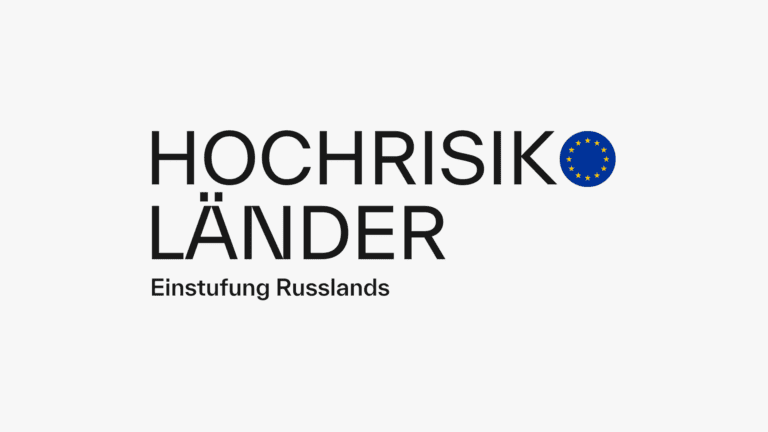The risk potential for money laundering in professional football is significant. This is largely due to the enormous sums of money involved in sponsorship deals, player transfers, and investments. As early as 2009, the Financial Action Task Force (FATF) highlighted several vulnerability factors within the sector — including complex financial networks, multiple financial channels, and the large number of actors involved — all of which make professional football an attractive target for money laundering.
Current Money Laundering Allegations Involving FC Bayern Munich
A recent case involving FC Bayern Munich illustrates that these risks are not just theoretical. Russian billionaire Alisher Usmanov is under suspicion of having illegally transferred millions of euros derived from criminal activity. Following Russia’s invasion of Ukraine, Usmanov was placed under EU sanctions, and his European assets were frozen. Authorities now suspect that, through the use of a shell company, Usmanov rented a VIP box at Bayern Munich’s Allianz Arena for over €250,000, in violation of the sanctions. In April 2023, Germany’s Federal and State Criminal Police Offices searched the club’s headquarters and the stadium in hopes of uncovering evidence. Notably, FC Bayern is not under investigation itself but is considered a witness in the ongoing proceedings.
No AML Rules for Professional Football Clubs in Germany – Yet
Efforts to regulate the sector are not new. In 2022, the German state of Bremen introduced a proposal in the Bundesrat to designate professional football clubs (1st to 3rd league) and player agents as obligated entities under anti-money laundering (AML) law. The proposal, however, was rejected in October 2022.
Progress at the European Level
Meanwhile, developments at the EU level are gaining momentum. In December 2022, the European Council proposed including professional football clubs in the list of obligated entities under the new EU Anti-Money Laundering Regulation (EU-AML Regulation). The European Parliament followed suit in April 2023, suggesting that top-tier football clubs (1st and 2nd leagues) with annual revenues of at least €7 million, player agents, and national football associations (such as the German Football Association – DFB) should be brought under the AML regime. The legislative process is currently in its final negotiation phase, and the outcome remains uncertain. However, considering the sector’s high exposure to financial crime, extending AML obligations to football stakeholders would be a welcome step forward in strengthening financial integrity and transparency across Europe.



